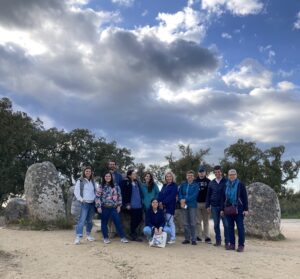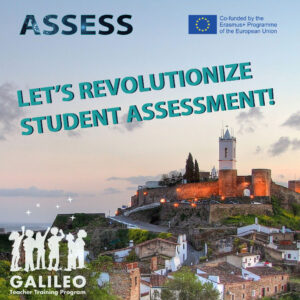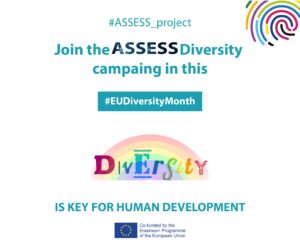Have you ever considered what education could look like if student assessment was used as a holistic tool for development, growth and improvement? ASSESS aims to revolutionize student assessment by creating an innovative approach that promotes inclusion, equity and the principles of UDL (Universal Design for Learning) and helps both teachers and students to develop their skills.
An Innovative Assessment framework
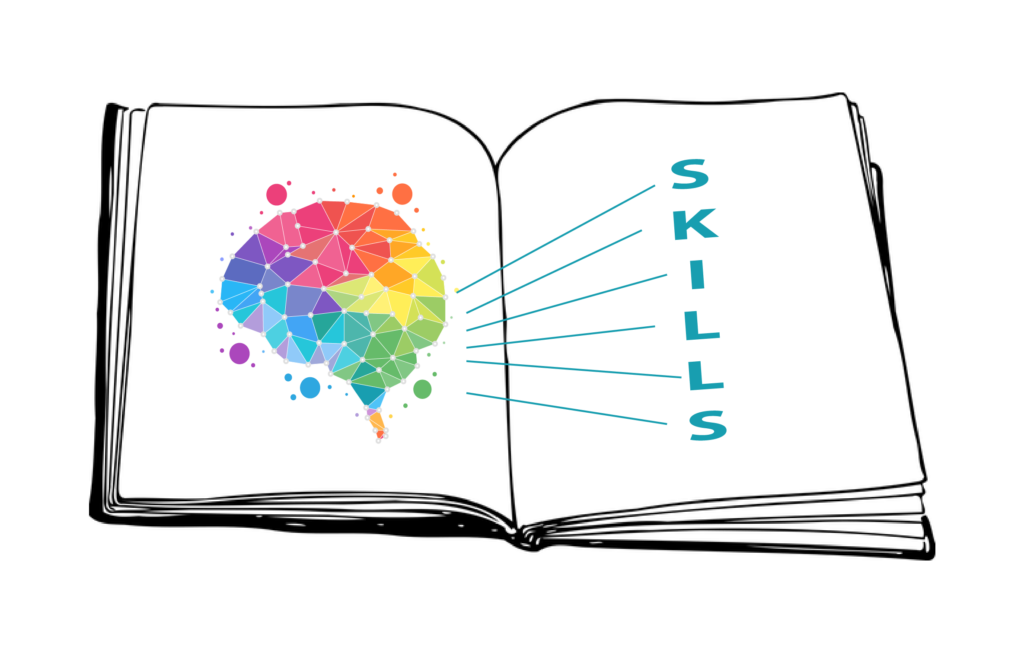
A theoretical guide that will include innovative ways of thinking about assessment, turning it into a powerful tool to promote the development of both students and teachers.
An assessment toolkit and a digital app
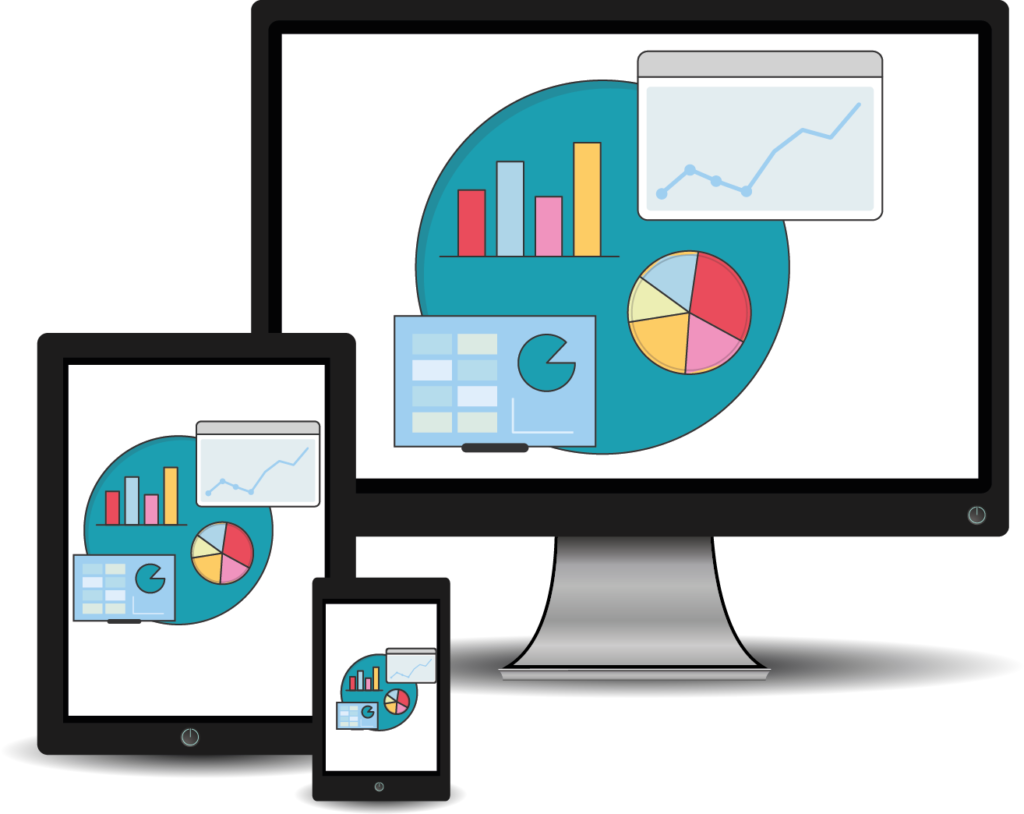
A toolkit for formative and summative assessment and a digital app that integrates it to allow you to create relevant feedback reports and automatize the whole class assessment.
An online training course for teachers and trainers
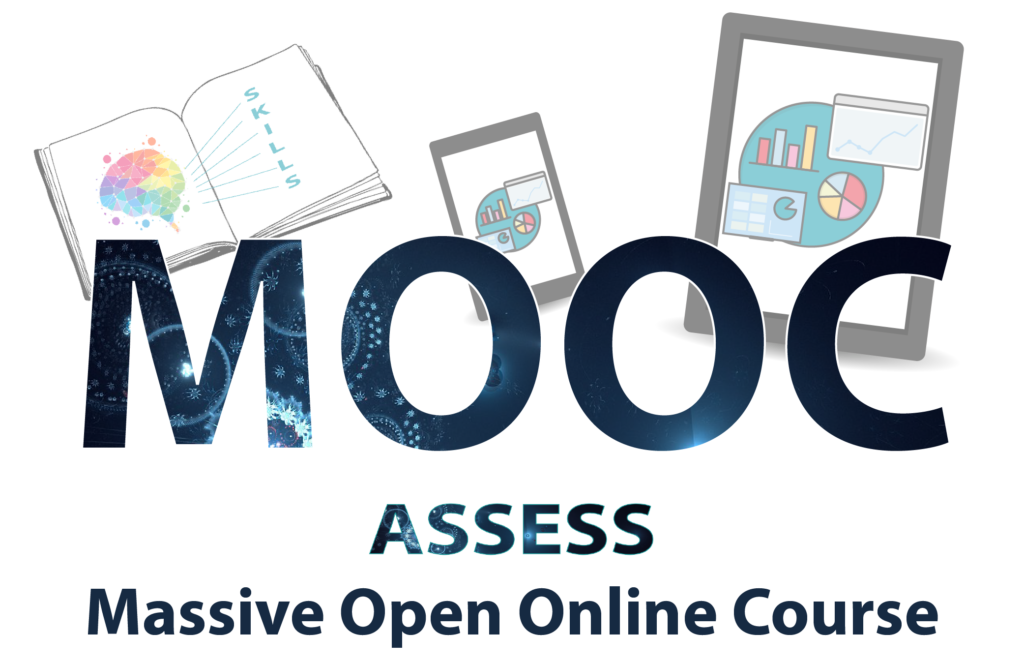
An interactive course for teachers and teacher trainers. Learn how to use the ASSESS tools but also how to design and create your own innovative assessment tools.
Review by Stakeholders
Testimonials by Teachers
See our latest news
- ASSESS staff training in Alqueva
- ASSESS spring course
- Diversity CampaignJoin the ASSESS diversity campaing. Come up with a sentence, invite your students and spread your voice 🙂





